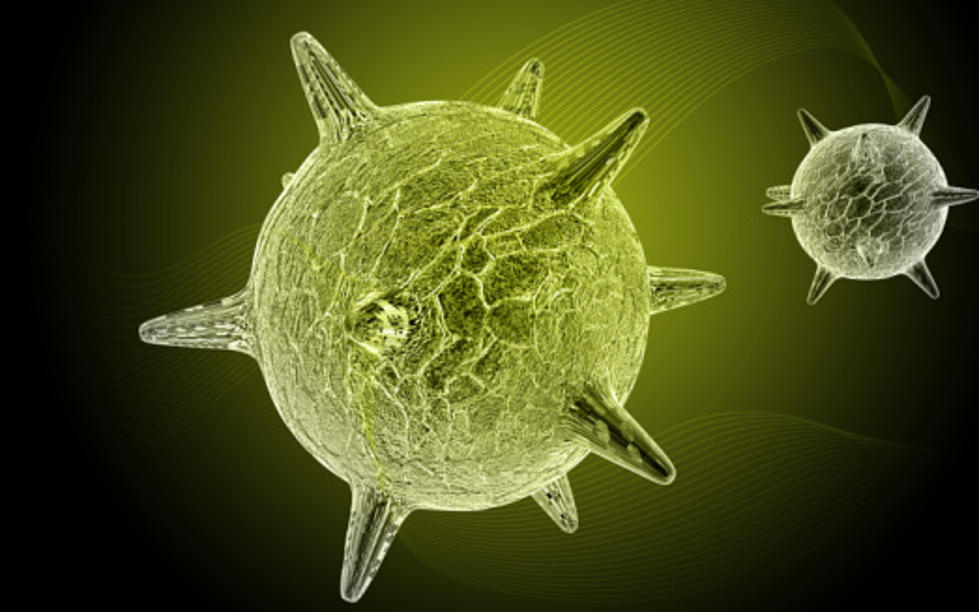
Vaccine Thought to Keep Women from Getting Genital Herpes Proven Useless
Scientists searching for a vaccine to prevent infection with two types of herpes simplex, or H.S.V., have run into a roadblock: in results published Thursday in The New England Journal of Medicine, a new vaccine that was previously thought to protect uninfected women from genital herpes has now been found useless.
According to the Centers for Disease Control and Prevention, more than 20 percent of women 14 to 49 are infected with H.S.V.-2, or genital herpes, which is typically spread through sex. The other herpes virus, H.S.V.-1, is known for causing cold sores, although it can cause genital lesions as well.
In a double-blinded placebo-controlled trial with 8,323 uninfected women ages 18 to 30 who have infected partners, researchers randomly gave the herpes vaccine to some of the women, while the others were given a placebo injection.
After 20 months, there was no significant difference in H.S.V.-2 infection rates between the groups, but the vaccine was found to have a modest protective effect against genital infections caused by H.S.V.-1.
“The failure of the vaccine really suggests that we need to look at new approaches to H.S.V. vaccine development,” said Dr. Peter A. Leone, an author of the study and professor of medicine at the University of North Carolina, who added an attenuated virus, like the one used in chickenpox vaccines, may prove more effective.






